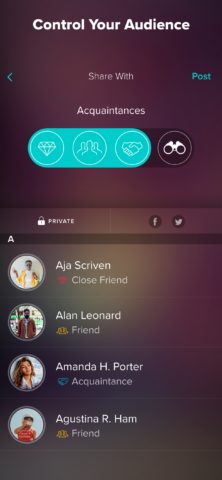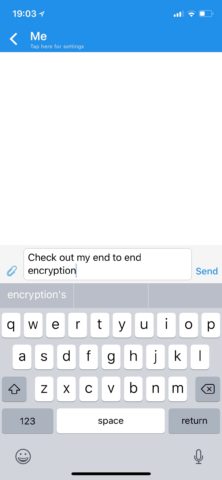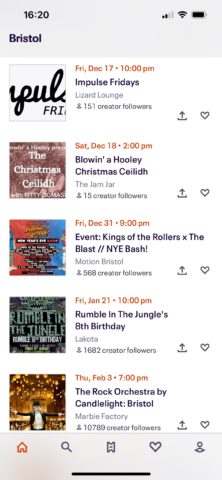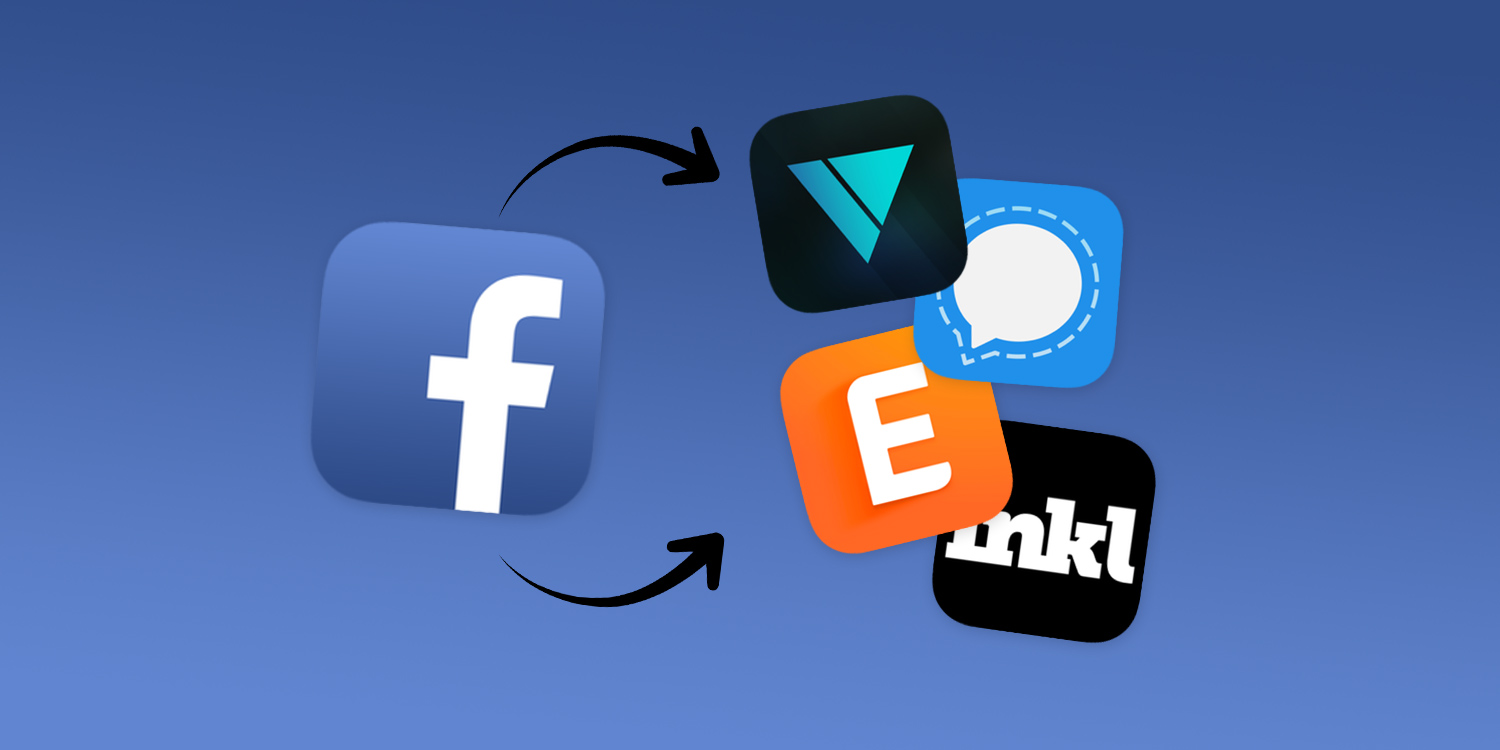Back in 2018, the Cambridge Analytica data harvesting controversy prompted millions of Facebook users to reassess their use of the world’s biggest social network. The following years have seen a $5 billion fine for user privacy violations, a major antitrust hearing, several damning whistleblower testimonies, and widespread condemnation for permitting misinformation to run rampant.
In the wake of such scandals, many users have threatened to withdraw from Facebook altogether. All of which begs the question: where next? How do you fill that gaping Facebook-shaped hole in your life – preferably without compromising your privacy?
The first thing to note is that there is no direct replacement for Facebook. One reason is the number of users. As bad and annoying as it is in many respects, no other social network even approaches Facebook’s 2.9 billion monthly active users. Even the current darling of social media, TikTok, only hits 1 billion.
Another reason is the fact that Facebook has expanded to cover multiple bases, including messaging, news updates, and event planning in addition to the usual life-sharing facilities. No other single service can fill all of those roles in the same way.
With those limitations accepted, let’s examine a handful of iOS apps that provide a more secure alternative to Facebook’s core functions.
Life sharing: Vero
The app-only Vero service experienced a surge in popularity in the wake of Facebook’s troubles, with some 3 million users recorded in March 2018. While that surge caused some issues at the time, it’s still a going concern, and version 2.0 (launched in December 2020) brought several improvements and a fresh design.

Unlike the free-to-use Facebook, where the user is the product, Vero is funded through a subscription model. Because it makes its money directly from its users, there are no ads and no need for extensive personal data collection.
Vero also boasts granular sharing controls, so you can determine exactly who sees each of your posts, as well as filtering options on the kind of posts you see from each of your contacts.
Messaging: Signal
If we’re being thorough about this, withdrawing completely from Facebook ideally means withdrawing from Facebook Messenger for your messaging needs. That’s no bad thing, as it’s not a particularly good app.

Although we think WhatsApp is overall the best messaging app around, if you’re being really hardline about this whole “no Facebook” thing, you might also want to stop using the Facebook-owned WhatsApp too. That’s a difficult one, given its ubiquity. But there are options.
There are plenty of great cross-platform messaging apps out there, but one that’s particularly well regarded is Signal. It’s lean, free, and ad-less, while its comprehensive approach to end-to-end encryption has received the endorsement of Edward Snowden and Elon Musk. Make of that what you will.
Events: Eventbrite
It’s going to take a seismic shift for Facebook to stop becoming the go-to app for monitoring events that are happening in your location.

Eventbrite is one of the top dedicated local event apps on the App Store, and it’s extremely intuitive to use. Upon downloading and opening for the first time, you’ll instantly be presented with a list of local events without the need to sign-up or enter any personal details.
If you do opt to sign-up, however, you can buy tickets for the events directly through the app.
News feed: Inkl
For many people, Facebook has become their sole source of news. This tendency was at the heart of the Cambridge Analytica scandal, which fed its way into both the US election and UK Brexit campaigns of 2016.

There are plenty of great news aggregation apps out there, including Flipboard and Apple News (which has the benefit of being on your phone already). We’ve gone with Inkl, though, because it was explicitly constructed to counter the unreliable clickbait journalism that Facebook tends to favor. Inkl draws from the most reputable news sources and avoids ads, yet still curates its output according to your habits.
Of course, if you really need to have some online debate or feedback with your news, there’s always Twitter. But it’s on you to follow a balanced spread of news sources and refrain from falling down the usual comment rabbit holes.

